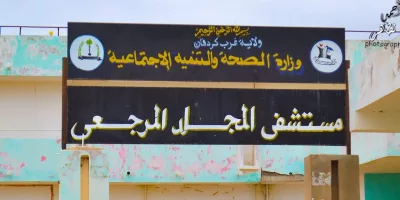Press release
Geneva – May 26, 2024
The UN Working Group on Enforced or Involuntary Disappearances has published a study submitted by the “Committee for Justice” (CFJ) during its 128th session. The study examines the relationship between elections and enforced disappearances in Egypt.
The working group indicated that the study’s findings will be presented to the Human Rights Council in September 2024, aiming to identify tools to more effectively prevent and respond to enforced disappearances in the electoral context.
Electoral Violence and Enforced Disappearances
CFJ study highlights that electoral violence is a specific subset of political violence characterized by its timing and motivation. The study outlines patterns of enforced disappearances during elections in Egypt, particularly following the 2013 military coup. These disappearances often target political opponents, human rights activists, journalists, and outspoken critics of the authorities. The incidences of enforced disappearances tend to escalate during election periods, especially when there are signs of increased political activity or opposition mobilization, used as a tool of intimidation.
Security forces, including the police, military intelligence, and the National Security Agency, are typically responsible for these disappearances, often operating with impunity and circumventing judicial oversight. Official denials are routine, despite evidence of these actions violating the Egyptian constitution and international agreements. The disappearances undermine fundamental rights to freedom of assembly, expression, and association, as enshrined in the International Covenant on Civil and Political Rights, the African Charter on Human and Peoples’ Rights, and the African Union’s 2002 Declaration on the Principles Governing Democratic Elections in Africa.
Erosion of Trust in Elections
The study asserts that state-perpetrated violence, coercion, and human rights abuses during elections in Egypt have led to a complete erosion of trust in elections as a means of democratic transition. Many citizens have become disillusioned with official political channels and institutions, viewing them as ineffective or corrupt. This disillusionment may drive citizens to seek alternative forms of political expression or withdraw from the political process altogether.
The widespread occurrence of enforced disappearances reflects a broader culture of impunity, where state authorities operate outside the law with little fear of consequences. The lack of accountability encourages security forces to continue such violations, particularly during elections, undermining human rights and the prospects for democratic transition in Egypt.






